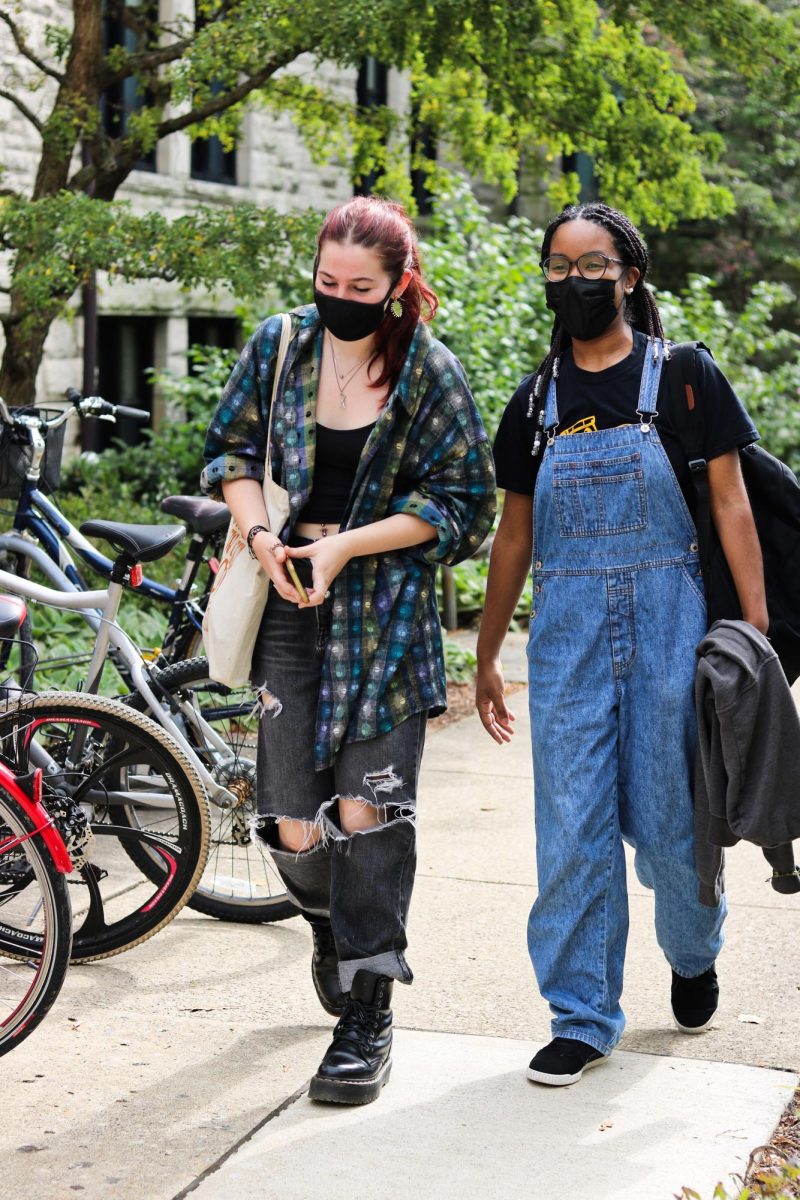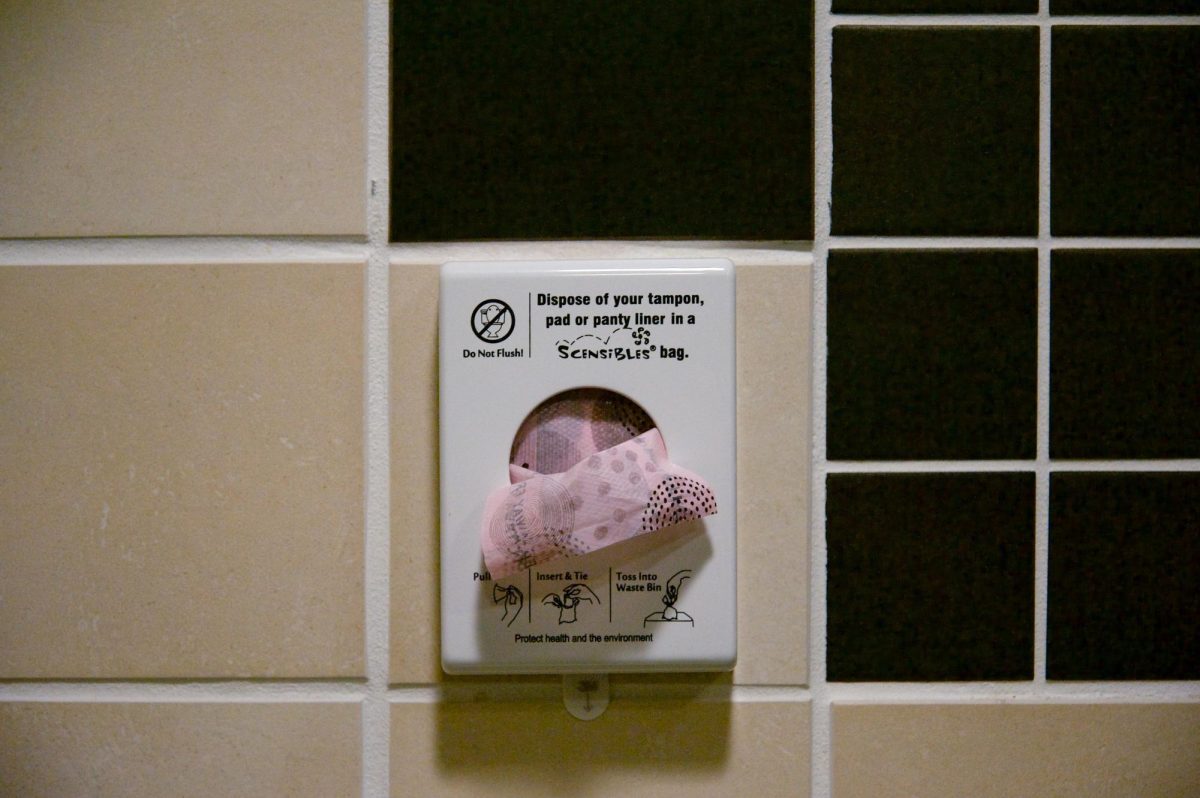On March 1, Nicaragua instituted proceedings before the International Court of Justice, alleging that Germany violated international law by funding Israel and defunding the United Nations Relief and Works Agency for Palestine Refugees in the Near East. The Nicaragua case comes after the case filed by South Africa in December, which claimed that Israel is committing a genocide against Palestinians in Gaza. The recent Nicaragua case raises an interesting question of how much states should be held culpable for aiding human rights violations. In addition, both South Africa and Nicaragua’s cases reveal the need for the ICJ and other international courts of power to have more international authority.
The ICJ, often referred to as the “World Court,” was founded in 1945 and is one of six main bodies of the United Nations. The goal of the ICJ, as stated in the Article 2(3) of the Charter of the United Nations, is for nations to “settle their international disputes by peaceful means in such a manner that international peace and security, and justice, are not endangered.” They are distinct from other international courts, such as the International Criminal Court, as only a state, not an individual, can file a case to the ICJ. While the ICJ can settle many variations of disputes amongst states, it has made important developments in human rights. Many human rights treaties — including the Convention on the Prevention and Punishment of the Crime of Genocide 1948, which was used in both the South Africa and Nicaragua case — contain provisions that allow states to refer cases to the ICJ. In addition, the very creation of the ICJ and United Nations emerged at the end of World War II due to massive human rights violations and the growing want for peace among nations.
South Africa’s case against Israel to the ICJ received mass media coverage. Their genocide case against Israel had boosted them as a champion of human rights and shown them to stand with the Palestinian people. In addition, the fact that South Africa particularly fought against the case was important, as they are economically linked with many powerful nations, including the United States. However, interestingly, Nicaragua’s case against Germany has brought noticeably less media attention, although the implications of the case could be absolutely profound.
One of the reasons that the case may be unfortunately getting less media attention is Nicaragua’s position in relation to other states around the world. Nicaragua is the second-poorest country in the Western hemisphere. In addition, while the case is incredibly important, given Nicaragua’s current massive human rights violations, there is a question of how fair it is for Nicaragua to be pursuing a case against genocide when they are committing mass injustices, many racially motivated, against their own people. Nicaragua has descended into authoritarianism over the past decade and there has been mass violence perpetrated against Indigenous and Afro-descendent communities. Nevertheless, their case against Germany is the first case to allege contribution to the act of genocide rather than the act itself. The case reveals how a state’s human violations against its people are not solely their responsibility but also aided by other states. This could not be more true for the case of Israel, as Germany is certainly not the only state to provide financial assistance and military arms to Israel.
However, despite the historical nature of both Nicaragua and South Africa’s cases to the ICJ, the ICJ may unfortunately hold little power in changing either Israel or Germany’s actions. Following South Africa’s case against Israel, the ICJ issued a series of provisional measures ordering “immediate and effective measures” to protect Palestinians in Gaza from genocide by ensuring humanitarian assistance. Amnesty International has reported that Israel has failed to comply with the ICJ’s measures, and the death toll in Gaza grows each day. This is incredibly worrisome as it shows a disregard for the ICJ, which is supposed to uphold International Law. In addition, it questions how effective the ICJ can be if states do not give them significance. This being said, the sheer media attention the South Africa case created was incredibly important.
Hopefully, Germany will comply with the ICJ’s ruling. The case could be incredibly important in holding states accountable to the contribution of human rights crises. Often when human rights atrocities occur, it is thought to be mainly the state enacting the violence’s responsibility. In truth, state violence, genocide, ethnic cleansing, and mass atrocities are often aided by other powerful states. If Germany is asked to resume funding UNRWA and no longer send military aid to Israel, there is the possibility of other states questioning their support of Israel. In addition, it could mean states in the future will be held accountable for their support of mass atrocities on human rights.






